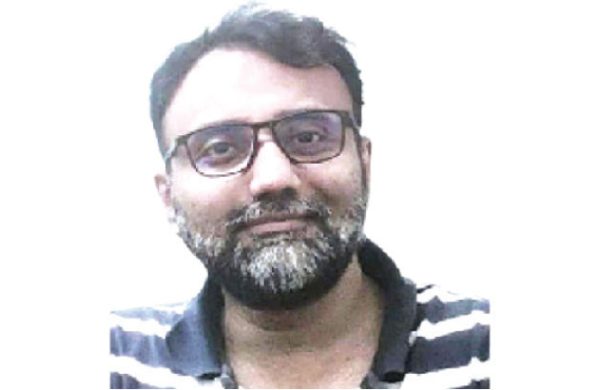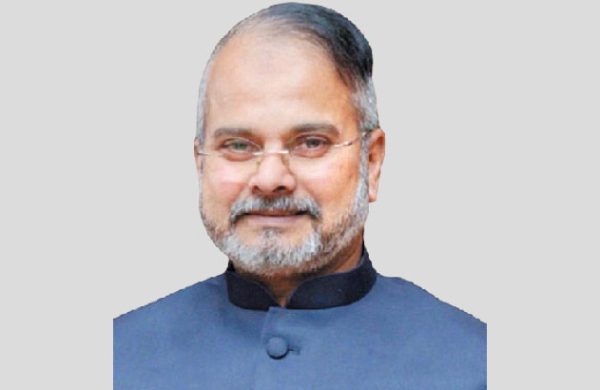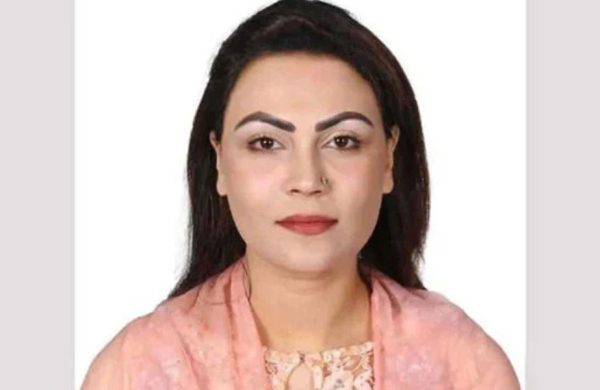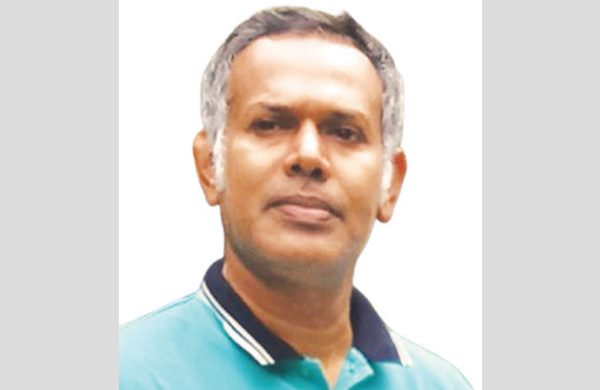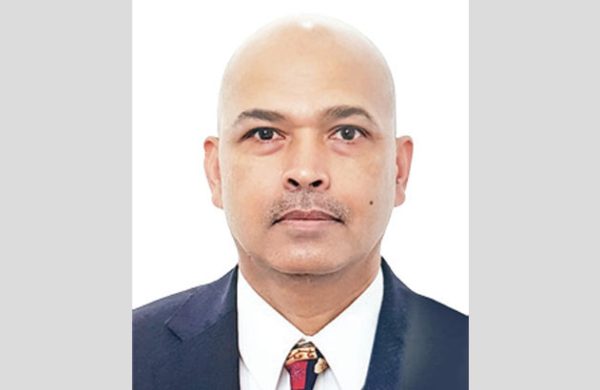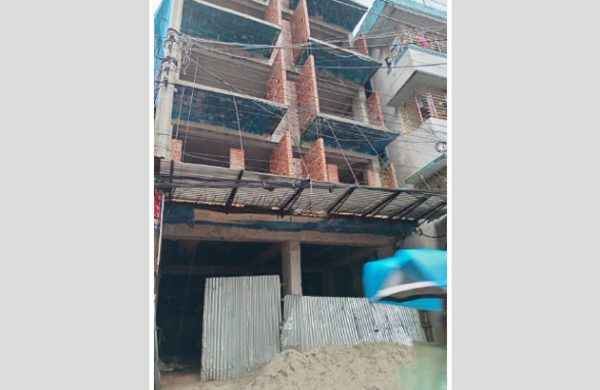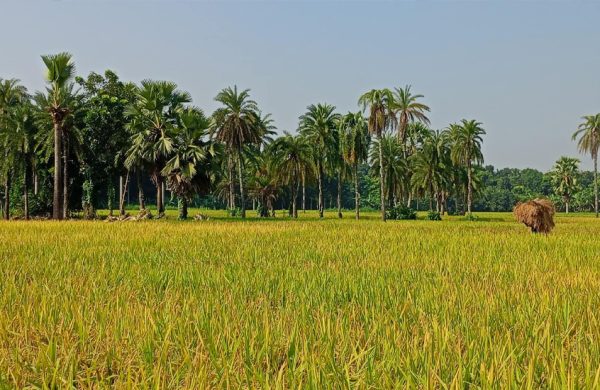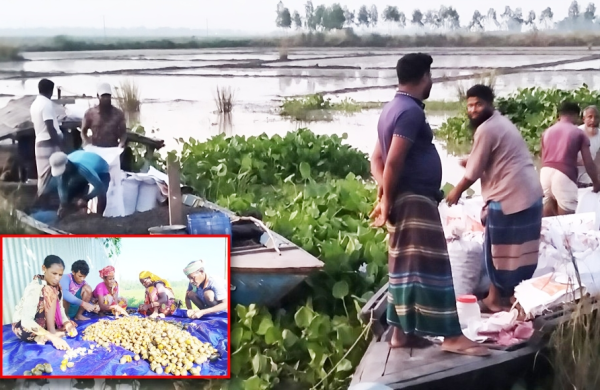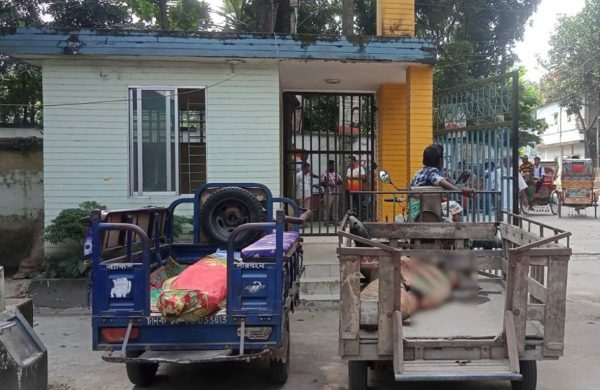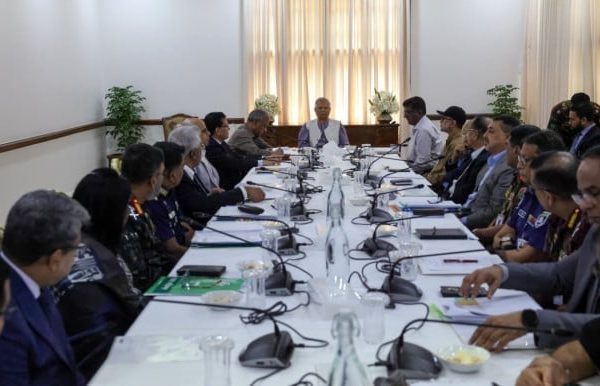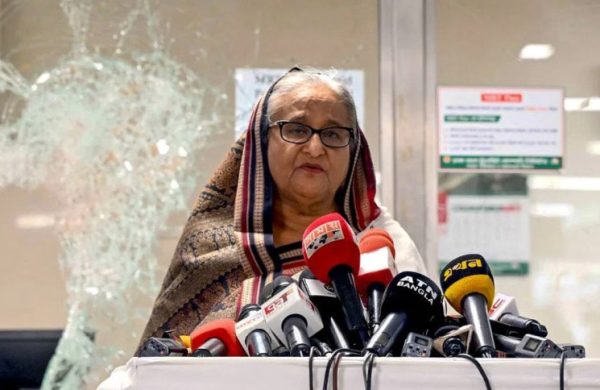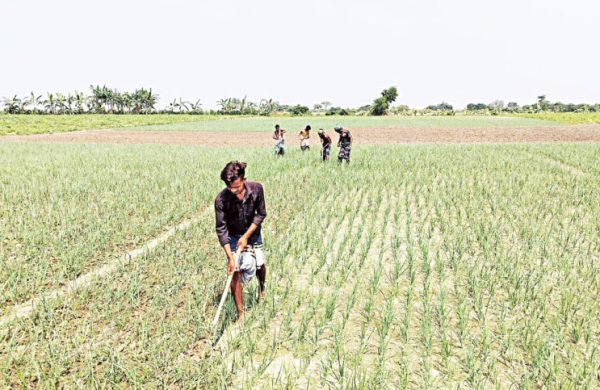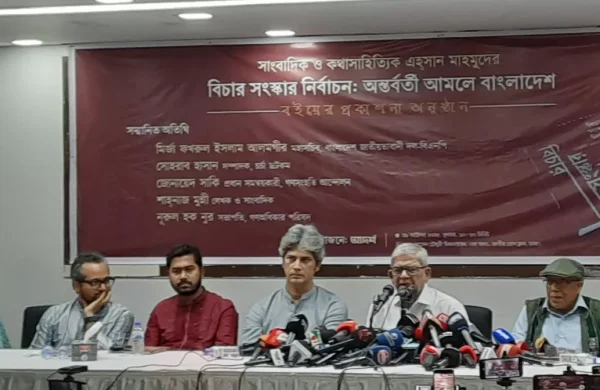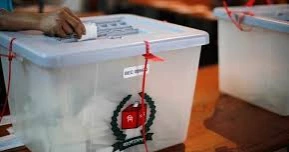RELEVANCE OF BNP’S 31-POINT REFORM AGENDA
- Update Time : Sunday, January 19, 2025

—H M Nazmul Alam—
The Bangladesh Nationalist Party (BNP) has been advocating for reforms in the state structure for several years. In 2016, Khaleda Zia announced the party’s Vision 2030. Following extensive discussions within the party and with its allies over the years, the BNP’s Acting Chairman Tarique Rahman unveiled the 31-point manifesto in July 2023. While the BNP and its allies organised seminars and divisional-level discussions on the manifesto, it did not significantly reach the general public. The lack of exposure was largely due to the suppression of opposition voices and the absence of freedom of speech during the AL-led fascist regime, which hindered mainstream media discussions on opposition proposals. Specific instances of this suppression include the banning of certain independent media outlets, the imprisonment of journalists who reported on opposition activities and the widespread censorship imposed on social media platforms. These measures effectively silenced alternative viewpoints and prevented the manifesto from reaching a broader audience. Alongside the BNP, the ‘State Reform Movement’ within civil society played a pivotal role in pushing for structural reforms.
The Mass Uprising that led to the fall of the Hasina government on 5 August brought discussions on state reform into sharper focus. Various groups, including the BNP, civil society organisations, students, citizens’ committees and Jamaat-e-Islami, concurred on the urgent need for constitutional and governance reforms. Citizens’ committees also presented several demands for constitutional changes. Responding to this, the interim government established 15 commissions to address various critical areas. The consensus that reforms are essential marks a significant step forward, with disagreement arising over the timing and governance of these reforms. The Citizens’ Committee advocates for major reforms under the interim government before the election, while the BNP and its allies believe the interim government should prepare proposals, leaving the responsibility of it implementation to an elected government. Scepticism also lingers over whether the BNP would follow through on its promises if it came to power. However, the BNP’s 31-point has become central to its political narrative and activities in recent times, forming the bedrock of its campaign and governance agenda.
In recent months, the BNP’s political programmes have consistently emphasised state reforms and the benefits promised in the 31 points. The party has organised workshops and rallies across the country, centring these reform proposals. This prioritisation indicates that the 31 points are not just political promises but the blueprint for BNP’s future governance. Breaking away from this outline would be difficult, as the party’s political identity and future prospects are deeply tied to these reforms. The consistent focus of Torque Rahman and other senior leaders on these points further highlights their importance.
The 31-point broadly addresses two areas. The first area centres on structural reforms. This includes proposals to establish a bicameral legislature, reintroduce the caretaker government system and balance state powers. Other key points involve limiting the prime minister’s tenure to two consecutive terms and amending Article 70 of the constitution to ensure greater legislative independence and accountability. Additional proposals include forming commissions for media, administrative, constitutional, economic and electoral reforms. The second area focuses on improving the economic and social well-being of citizens. In a developing country like Bangladesh, where healthcare, education, commodity prices, jobs and wages remain critical issues, these proposals resonate deeply with public needs. Key initiatives include allowances for educated unemployed individuals, family cards for women, agricultural cards for farmers, a British-style healthcare system and fair wages adjusted for inflation. Furthermore, the manifesto emphasises national sovereignty and security in foreign relations.
The manifesto also outlines measures to combat terrorism, militancy and extremism while pledging to end enforced disappearances, extrajudicial killings and inhumane torture. The BNP has proposed abolishing the Rapid Action Battalion (RAB) to the Police Reform Commission, citing human rights violations and extrajudicial killings. Such bold steps from Bangladesh’s largest political party signify a commitment to protecting human rights and addressing longstanding grievances, but they are not without challenges. The BNP may face obstacles in translating these initiatives into actionable policies, including resistance from entrenched interests, limited resources, and scepticism from segments of the population. Addressing these potential hurdles will require strategic planning, transparency and sustained effort to ensure that the reforms achieve their intended impact.
The BNP’s stance on the Liberation War is another noteworthy aspect of the 31 points. The party’s gap with Jamaat-e-Islami’s politics is gradually becoming clear. Clause 21 states, “State recognition will be provided for everyone’s contribution to the Liberation War.” This stance has been met with mixed reactions, with some viewing it as a pragmatic move, while others question its alignment with the broader historical narrative. Public sentiment and opinions from political groups highlight the complexity of reconciling past political tensions with a forward-looking agenda. These varied receptions stress the challenges the BNP faces in articulating and implementing this aspect of their platform. It also proposes an intensive survey to compile an official list of Freedom Fighters. Moreover, the manifesto guarantees full security and rights for ethnic groups, religious minorities, and marginalised communities. It vows to take action against those responsible for attacks on homes, businesses and places of worship, ensuring justice and compensation for the victims. These commitments reflect a shift towards moderate and pluralistic politics, emphasising inclusivity and equality.
The BNP’s emphasis on civic nationalism and its alignment with the aspirations of diverse groups across Bangladesh indicate a positive direction for the country’s politics. The sincerity with which the party embraces these reforms will largely determine the trajectory of Bangladesh’s political landscape in the coming years. The 31-point manifesto represents more than just a set of promises; it is a comprehensive framework for addressing the structural, economic, and social challenges facing the nation. As such, it holds immense relevance in the current political context of Bangladesh, offering hope for a more inclusive, equitable and democratic future.
_____________________________________
The writer is a Lecturer, Department of English and Modern Languages, IUBAT and can be reached at [email protected]


